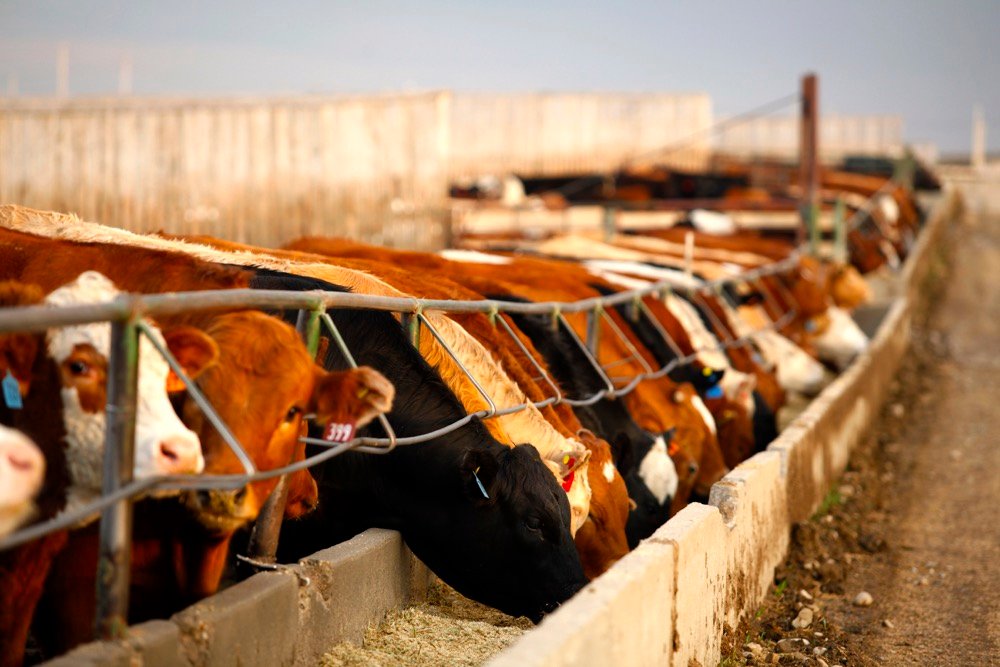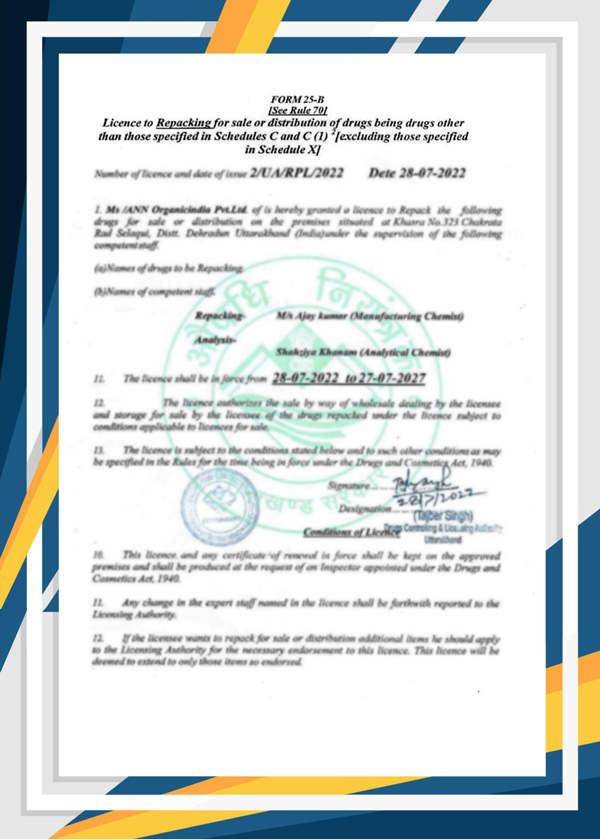Lipase enzyme acts as a catalyst in the breakdown of lipids by hydrolyzing the esters of fatty acids. It also assists in breaking down triglycerides into free fatty acids and glycerol. Lipases are ubiquitous enzymes that have considerable physiological significance and industrial potential.
Lipases enzyme play an important role and can be seen being used in organic chemical processing, detergent formulations, synthesis of biosurfactants, the oleochemical industry, the dairy industry, the agrochemical industry, paper manufacturing, nutrition, cosmetics, and pharmaceutical processing.

| Industry | Action | Lipase Enzymes Application |
| Lipase Enzymes for Detergents | Hydrolysis of fats | Removal of oil stains from fabrics |
| Lipase Enzymes for Dairy foods | Hydrolysis of milk fat, cheese ripening, modification of butterfat. | Development of flavouring agents in milk, cheese, and butter |
| Lipase Enzymes for Bakery foods | Flavour improvement | Shelf-life prolongation |
| Lipase Enzymes for Beverages | Improved aroma | Beverages |
| Lipase Enzymes for Food dressings | Quality improvement | Mayonnaise, dressings, and whippings |
| Lipase Enzymes for Health foods | Transesterification | Health foods |
| Lipase Enzymes for Meat and fish | Flavour development | Meat and fish products; fat removal |
| Lipase Enzymes for Fats and oils | Transesterification; hydrolysis | Cocoa butter, margarine, fatty acids, glycerol, mono-, and diglycerides |
| Lipase Enzymes for Chemicals | Enantioselectivity, synthesis | Chiral building blocks, chemicals |
| Lipase Enzymes for Pharmaceuticals | Transesterification, hydrolysis | Speciality lipids, digestive aids |
| Lipase Enzymes for Cosmetics | Synthesis | Emulsifiers, moisturizers |
| Lipase Enzymes for Leather | Hydrolysis | Leather products |
| Lipase Enzymes for Paper | Hydrolysis | Paper with improved quality |
| Lipase Enzymes for Cleaning | Hydrolysis | Removal of fats |
Lipase Enzyme for Food Processing
Lipase has been widely used for food processing, mainly for the modification and breakdown of biomaterials. A considerable amount of fat clearing enzymatic lipases are produced on an industrial scale. The majority of the commercial lipases enzyme produced are utilized for flavour development in dairy products and also in processing other foods, such as meat, vegetables, fruit, baked foods, milk products, and beer.
lipase enzymes modify butterfat which later on found a wide variety of applications in various food processes some of which are Chocolates with cocoa butter substitutes, bread, structured lipids like human milk fat replacers, low-calorie health oils, nutraceuticals.
Lipase Enzyme for detergent Industry
Lipase’s ability to hydrolyze fats found a major use as additives in industrial laundry and household detergents. Lipases with the desired properties are obtained through a combination of processes including continuous screening and protein engineering. Its unique properties decompose the clothing oil to diglyceride, monoglyceride and fatty acids and other water-soluble substances, which significantly improve the effect of washing powder.
Lipase Enzymes for the animal feed Industry
Lipase enzyme breaks down fats into soluble fatty acids which can then be easily absorbed by the animal as a nutrient. It is designed specifically to break down Fats present in the Animal Feed. Lipase promotes the digestion and absorption of fat in their daily diets, increasing feed conversion ratio and meeting the requirements for higher energy rations. It Improves the nutritional value of the feed, especially the digestion and utilization of fat, increasing the feed conversion rate. It also Boosts the absorption and utilization of fat-soluble vitamins and other microelements. Protecting animal health, increasing average daily gain and production capacity, and improving meat quality are just some of the benefits it provides with.
Lipase Enzymes for Biodiesel production
Lipase enzymes are constantly used in transesterification as they offer several environmental and economic benefits. Lipases are enzymes that help in breaking down ester bonds especially the long-chain triglycerides to generate free fatty acids, diglycerides, monoglycerides as well as glycerol. Lipases have been divided into three categories depending on their specificity as follows: 1,3-specific, fatty acid-specific and non-specific lipases. A 1,3-specific lipase discharges fatty acids from positions 1 and 3 of a glyceride and then breaks down the ester bond in these positions. In certain specific conditions, lipases are also involved in other catalyses such as acidolysis, alcoholysis, aminolysis, esterification and transesterification.
Lipase Enzyme for Textile Industry
Lipase has been used in bio-scouring in the textile industry. Bio-scouring is a process of removal of the protein, wax and oil by using lipase enzyme.

